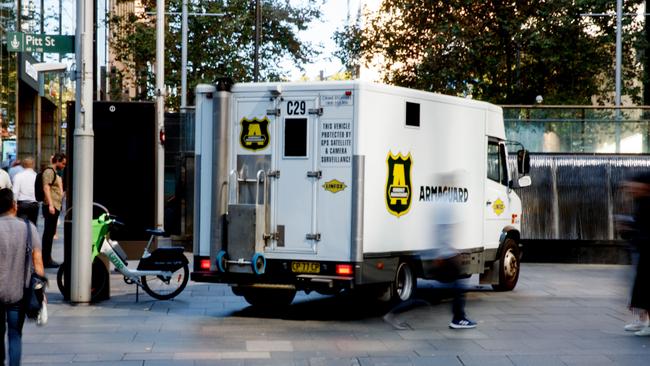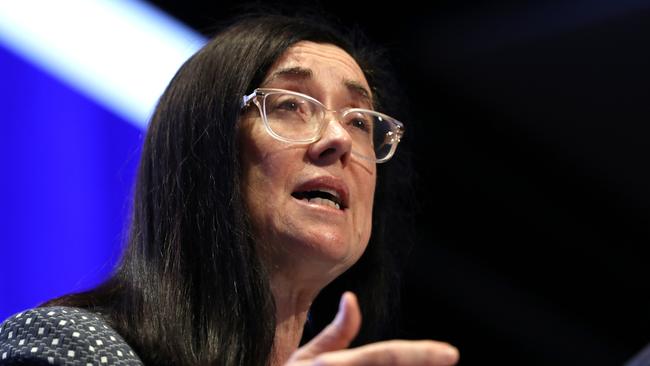
Linfox boss Peter Fox’s attempts to leverage his now monopoly market power in cash transport has exposed potential weaknesses in the revamped merger administration for the Australian Competition and Consumer Commission.
The timing of the stoush could not be better with Treasurer Jim Chalmers on Wednesday due to unveil his plans to largely back ACCC demands for more merger control.
In June last year Linfox agreed to stay in the cash transit game for three years and charge reasonable prices.
On the back of these undertakings, and based on fear that Spanish rival Prosegur may walk at any time, the ACCC said the public benefits outweighed the anti-competitive impact of the top two firms in the market merging.
Just months later Linfox, advised by former ACTU boss Bill Kelty, is threatening to walk unless the banks, big retailers and others agree to pay an extra $50m in fees.
In any other market the threats would be classed as attempted abuse of market power and at the very least a vivid example or Fox’s newly won monopoly market power.
That is the sort of behaviour ACCC chief Gina Cass Gottlieb wants to stop. She and the boffins in Treasury argue better merger controls will increase competition and help keep prices in check, increase innovation and minimise other abuses like non-compete clauses, which lower wages.
But this time, the product at risk is cash, which is politically sensitive because older people and those in the regions worry they won’t have access to it.
When real world politics collides with competition policy the latter tends to lose, and the ultimate sacrifice is made by consumers who pay more for the service.
Last year, after the ACCC reluctantly agreed to its Prosegur merger, Linfox said that it “secures the future of reliable, sustainable access to cash in the Australian economy, and creates a viable future for the business”. “Armaguard anticipates a ‘less cash’ future, not a ‘cashless’ future, and our intention is to support the ongoing needs of our customers and the community by building a reliable and sustainable network,” it said.

“The merger ensures that cash remains a cost-effective and safe payment option for businesses and consumers, allowing cash to continue to fulfil its role in protecting privacy, choice, and access to payments for everyone right across Australia.”
That glowing outlook now comes with some conditions, like an extra $50m a year in Fox’s pockets.
Linfox says it lost $113m between 2020 and 2023 and its then rival Prosegur lost $100m in the same period.
The ACCC has left open the option of Fox amending its undertakings, but this significantly diminishes the ACCC’s credibility.
It makes it harder to stand up to corporate Australia next time it wants to stop a merger, not to mention the global giants like digital platform providers Apple, Meta, Google et al.
Undertakings are the ACCC’s least preferred option in any merger clearance, and the Linfox snafu shows just why: they are difficult to enforce.
While the Fox power play plays out, Chalmers will address the ACCC mafia in the annual Bannerman lecture in Sydney on Wednesday.
He will use the address to outline plans to boost the ACCC’s merger powers.
These were supposed to be sold as part of the government attack on cost-of-living pressures, but the Fox demands put that spin into context.
Nevertheless, Chalmers is expected to go against big business objections in giving the ACCC much but not all of what it wants in its anti-market power armoury.
This includes compulsory notification of all mergers above a set threshold; new factors to be considered in assessing mergers, including whether the acquisition entrenches market power; and potentially a new satisfaction test in which the merger parties must convince the ACCC their deal will not lessen competition.
The fine details of the draft merger revamp will be subject to consultation before being introduced into parliament in the spring session.



